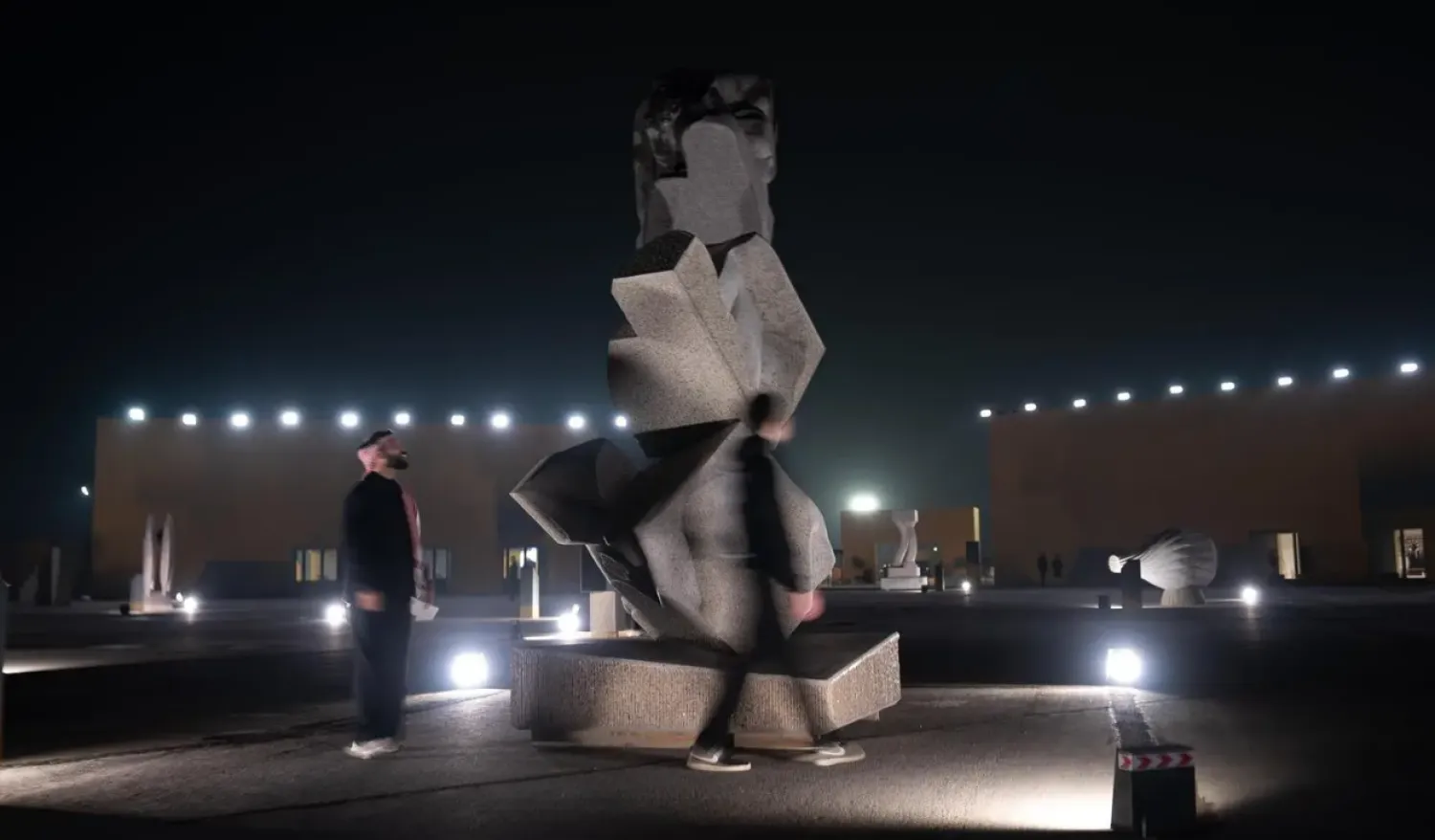Sheikha Bodour bint Sultan Al Qasimi, Chairperson of the Sharjah Book Authority and Honorary President of the Emirates Publishers Association, officially inaugurated the first edition of the Sharjah Literature Festival.
Held under the patronage of Sheikh Dr. Sultan bin Mohammed Al Qasimi, Supreme Council Member and Ruler of Sharjah, under the slogan ‘Emirati Tales Inspire the Future,’ the festival aims to showcase Emirati literary creativity while reinforcing the UAE’s position as a vibrant hub for literature and culture, WAM reported.
With nine core themes encompassing various aspects of literature, culture, and various engaging events, the festival offers a dynamic platform for exchanging visions and ideas among local literary and cultural leaders. It also provides a key opportunity to support Emirati publishers and further strengthen the UAE’s publishing sector.
Sheikha Bodour Al Qasimi expressed pride in launching this new cultural event in Sharjah, the incubator of culture, literature and creativity.
She said: ‘The Sharjah Literature Festival is a celebration of our shared stories and a platform to nurture Emirati creativity. By connecting the past with the present, this festival elevates the transformative power of literature to inspire progress and cultural dialogue. These stories will resonate not only within the UAE but also across the world, building bridges of understanding and imagination.’









